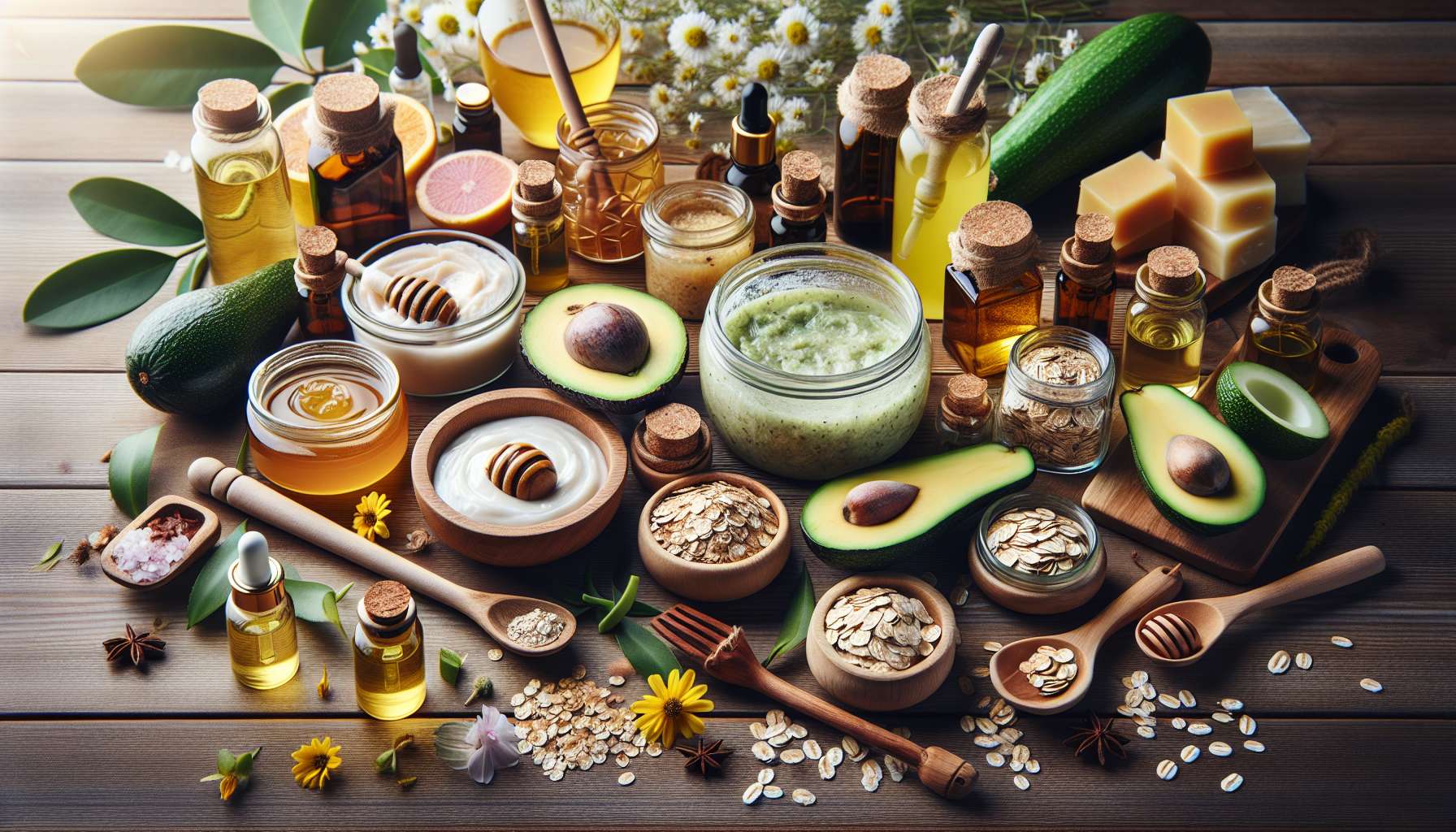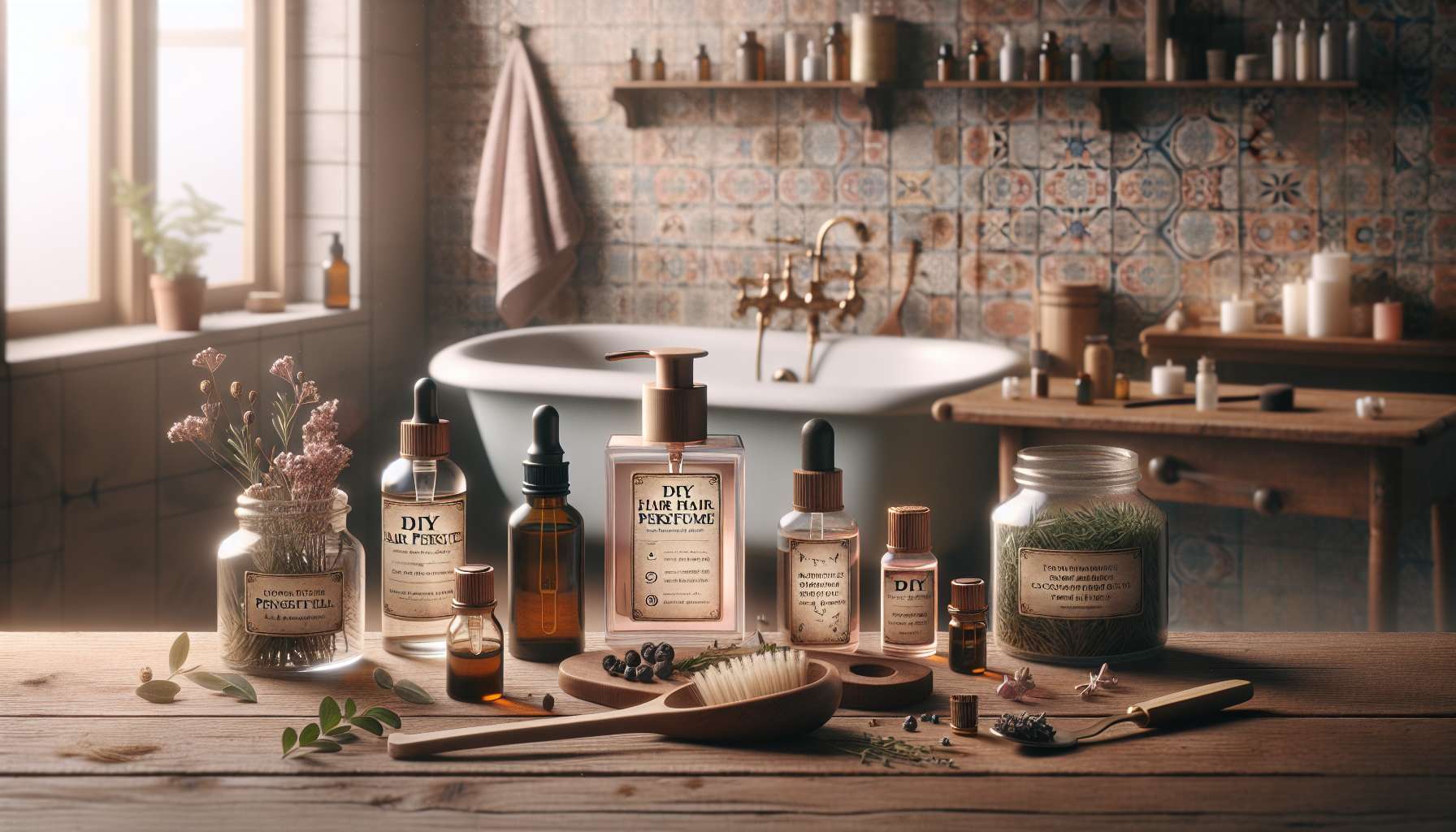Exploring the World of DIY Skin Care: A Comprehensive Guide
When it comes to skincare, the options are endless. From high-end luxury brands to drugstore staples, there is no shortage of products promising to deliver flawless skin. However, for those looking to take a more natural and personalized approach to skincare, do-it-yourself (DIY) skincare has become a popular and cost-effective alternative. In this detailed guide, we will dive deep into the world of DIY skincare, exploring its benefits, best practices, and potential pitfalls.
The Rise of DIY Skin Care
DIY skincare has gained momentum in recent years as people are becoming more conscious of the ingredients in their beauty products. With the rise of social media and the accessibility of information online, DIY skincare recipes and tutorials have become increasingly popular. From face masks to serums, there is a DIY solution for every skincare woe.
One of the main appeals of DIY skincare is the ability to control what goes into your products. By using natural ingredients that are free from harmful chemicals, DIY skincare enthusiasts can tailor their products to suit their specific skin type and concerns. Additionally, DIY skincare is often more affordable than store-bought products, making it an attractive option for those on a budget.
The Benefits of DIY Skin Care
There are numerous benefits to incorporating DIY skincare into your routine. One of the biggest advantages is the ability to customize your products to meet your skin’s unique needs. Whether you have dry, oily, sensitive, or acne-prone skin, there is a DIY solution that can help address your concerns.
Furthermore, DIY skincare allows you to avoid potentially harmful ingredients that are commonly found in commercial products. Many skincare products on the market contain synthetic fragrances, preservatives, and other additives that can irritate the skin and cause adverse reactions. By making your own products, you can ensure that you are using only natural and safe ingredients.
Another benefit of DIY skincare is the cost savings. With just a few simple ingredients, you can create effective skincare products at a fraction of the cost of store-bought alternatives. This can be especially helpful for those who are looking to save money or reduce their environmental impact by using fewer disposable packaging.
DIY Skin Care Ingredients
When it comes to DIY skincare, the possibilities are endless. There are a wide variety of natural ingredients that can be used to create effective and nourishing skincare products. Some common DIY skincare ingredients include:
1. Coconut Oil
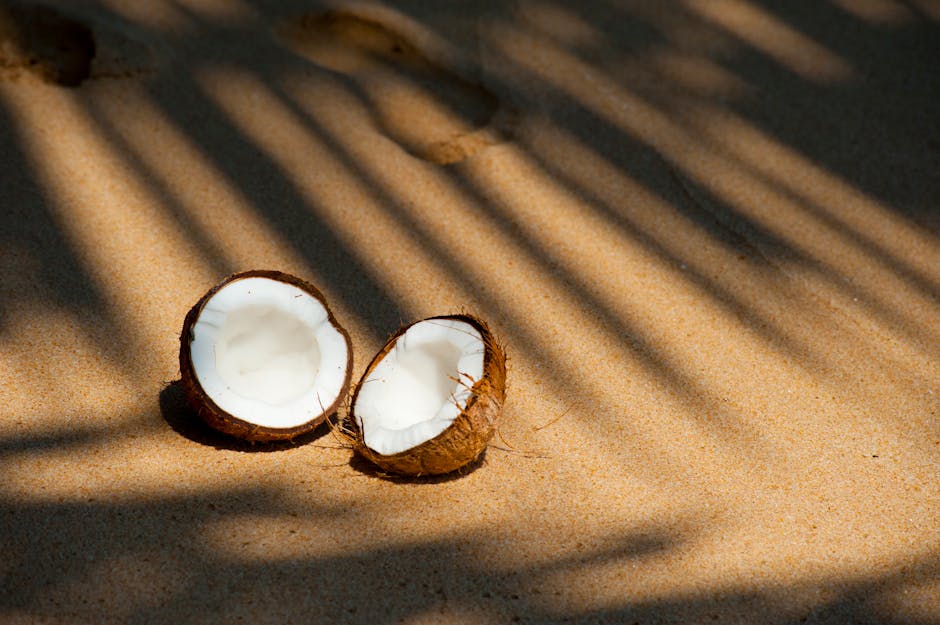
Coconut oil is a versatile ingredient that is rich in fatty acids and antioxidants. It can be used as a moisturizer, makeup remover, or hair treatment. Coconut oil is especially beneficial for dry skin, as it helps to hydrate and nourish the skin.
2. Honey
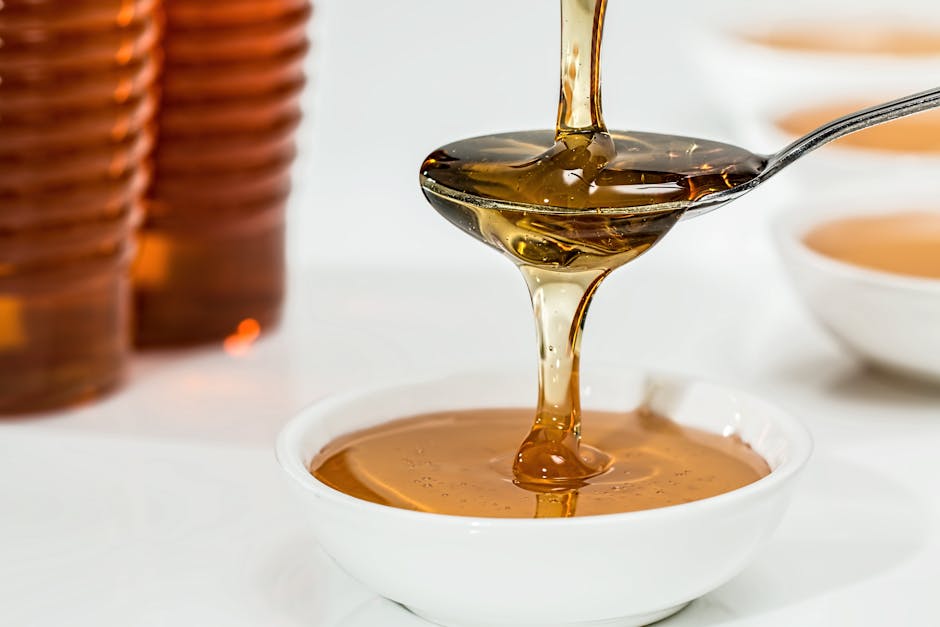
Honey is a natural humectant that helps to lock in moisture and soothe the skin. It also has antibacterial properties that can help to prevent acne and other skin infections. Honey can be used in face masks, cleansers, and exfoliants.
3. Aloe Vera

Aloe vera is a popular ingredient in skincare products due to its soothing and healing properties. It can help to reduce inflammation, hydrate the skin, and promote healing of wounds and scars. Aloe vera gel can be used on its own or mixed with other ingredients to create a variety of skincare products.
4. Oatmeal
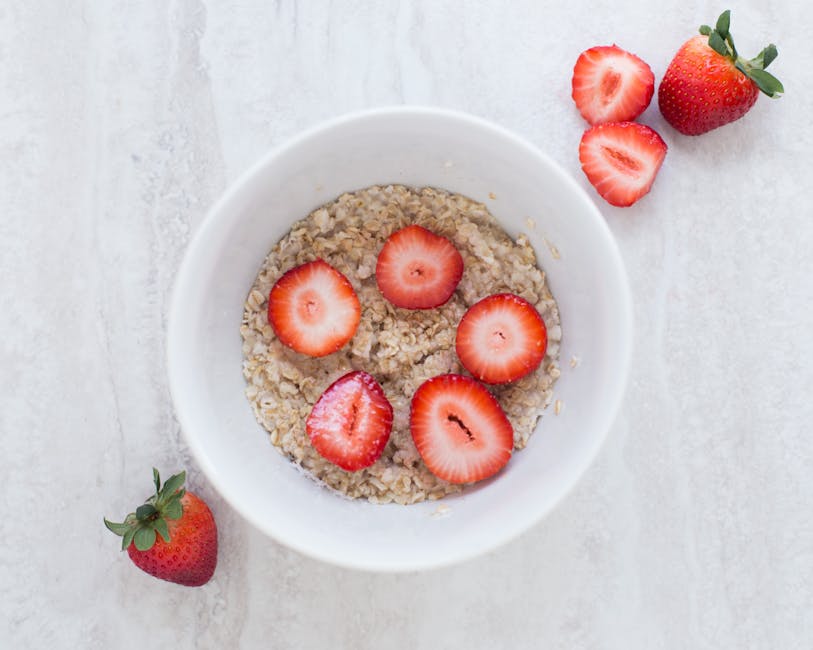
Oatmeal is a gentle exfoliant that can help to remove dead skin cells and unclog pores. It is also soothing and anti-inflammatory, making it ideal for sensitive or irritated skin. Oatmeal can be used in face masks, scrubs, and bath soaks.
DIY Skin Care Recipes
Now that you are familiar with some common DIY skincare ingredients, let’s explore a few simple recipes that you can try at home.
1. Hydrating Avocado Face Mask
This hydrating face mask is perfect for dry or dehydrated skin. Avocado is rich in vitamins and fatty acids that help to moisturize and nourish the skin.
- Ingredients:
- 1/2 ripe avocado
- 1 tbsp honey
- 1 tbsp coconut oil
- Instructions:
- Mash the avocado in a bowl until smooth.
- Stir in the honey and coconut oil until well combined.
- Apply the mask to clean, dry skin and leave on for 15-20 minutes.
- Rinse off with warm water and pat dry.
2. Soothing Oatmeal Bath Soak
This oatmeal bath soak is perfect for calming irritated or sensitive skin. Oatmeal helps to soothe inflammation and hydrate the skin.
- Ingredients:
- 1 cup colloidal oatmeal
- 1/4 cup baking soda
- A few drops of lavender essential oil (optional)
- Instructions:
- Combine the colloidal oatmeal and baking soda in a bowl.
- Add a few drops of lavender essential oil if desired.
- Add the mixture to a warm bath and soak for 20-30 minutes.
- Pat dry after the bath and follow up with a moisturizer.
Expert Opinions
Many skincare experts and dermatologists have weighed in on the benefits of DIY skincare. Dr. Jessica Wu, a board-certified dermatologist and author of “Feed Your Face,” believes that DIY skincare can be a safe and effective alternative to commercial products. She recommends using natural ingredients such as honey, yogurt, and avocado to nourish the skin.
However, it is important to consult with a dermatologist before trying any new skincare products, especially if you have sensitive or problematic skin. Some ingredients commonly used in DIY skincare, such as lemon juice or baking soda, can be harsh and irritating to certain skin types.
Common Misconceptions
One common misconception about DIY skincare is that natural ingredients are always safe and effective. While many natural ingredients can be beneficial for the skin, it is important to be cautious when experimenting with new ingredients. Some natural ingredients, such as essential oils or citrus extracts, can cause skin irritation or allergic reactions in some individuals.
Another misconception is that DIY skincare is always more affordable than store-bought products. While DIY skincare can be cost-effective in some cases, certain ingredients can be expensive or difficult to source. It is important to consider the cost and availability of ingredients before embarking on a DIY skincare journey.
Conclusion
To wrap things up, DIY skincare offers a natural, customizable, and budget-friendly alternative to traditional skincare products. By using simple and natural ingredients, you can create effective and nourishing skincare products that cater to your skin’s specific needs. Whether you are looking to address acne, dryness, or aging concerns, there is a DIY solution for you.
Remember to do your research, consult with skincare experts, and patch test new ingredients before incorporating them into your routine. With a little creativity and experimentation, you can achieve healthy and radiant skin with the power of DIY skincare.
So why not give it a try and see the amazing benefits of DIY skincare for yourself?

